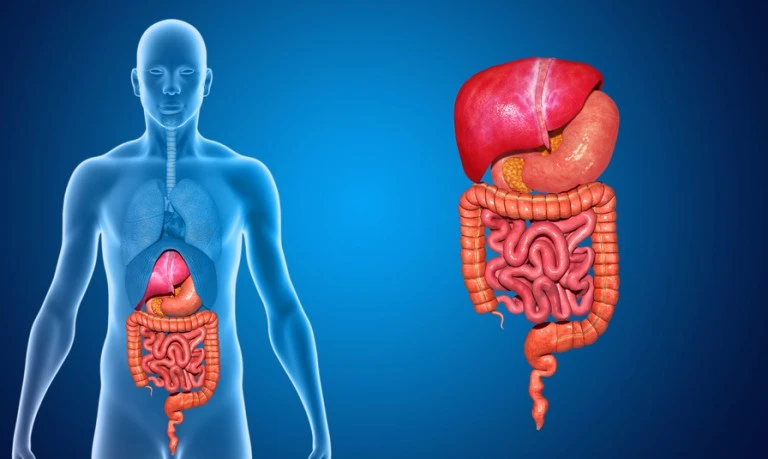
Medical experts have raised concerns about dietary patterns as Nigeria faces a rising incidence of colorectal cancer, emphasising the role of nutrition in the increasing number of cases and related deaths.
The concern was raised during a recent colorectal cancer lecture held in Lagos, organised through a collaboration between MedServe in Nigeria and Memorial Sloan Kettering Cancer Centre in New York, where experts emphasised the urgent need for increased awareness, early detection and preventive measures to combat the growing burden of colorectal cancer in the country.
Consultant General Surgeon at Obafemi Awolowo University Teaching Hospital (OAUTH), Prof Olusegun Alatise, said ongoing research had revealed unique characteristics of colorectal cancer in Nigeria, distinguishing it from cases found in other parts of the world.
He attributed the rising prevalence of colorectal cancer in Nigeria to dietary changes, citing a study comparing the dietary habits of 600 colorectal cancer patients with 1,500 non-cancer individuals, which revealed significant differences in food consumption patterns.
The increasing adoption of Western diets, he noted, is a major contributing factor.
According to Alatise, the African Research Group for Oncology (ARGO), in collaboration with MedServe and Memorial Sloan Kettering Cancer Centre in New York, is working to initiate a clinical trial .
He disclosed that a pharmaceutical company in Beijing, had committed to providing a specialised drug at no cost and that the drug had shown effectiveness in treating colorectal cancer without the need for surgery, radiotherapy, or chemotherapy.
“We have realised that the type of colorectal cancer we see in Nigeria responds remarkably well to a particular drug, making surgery and other conventional treatments unnecessary. This puts Nigeria in a good position to revolutionise cancer treatment in the coming months and years,” he stated.
The Chief Executive Officer of Medserve, Dr Tolu Adewole, in an interview, underscored the importance of partnerships in addressing colorectal cancer, pointing to collaborations with Memorial Sloan Kettering Cancer Center and ARGO.
He urged Nigerians to be vigilant about early warning signs, such as fresh blood in stool, unexplained weight loss, and persistent abdominal discomfort, stressing the need for immediate medical attention.
A hepatobiliary surgeon, Memorial Sloan Kettering Cancer Centre, Dr Peter Kingham, who delivered the lecture emphasised the critical role of early detection in improving survival rates. He warned that late-stage diagnosis significantly reduces treatment success, regardless of location.
Kingham further announced that ethical approval had been secured for a groundbreaking clinical trial introducing immunotherapy for eligible patients.
According to him, the trial, set to commence in a few months, will be the first of its kind in sub-Saharan Africa and is expected to enhance treatment outcomes for colorectal cancer patients.
He also reiterated the connection between lifestyle changes and the growing incidence of colorectal cancer in Nigeria, citing processed foods, sedentary lifestyles, and weight gain as contributing factors. Public enlightenment and lifestyle modifications, he noted, are crucial in curbing the disease.






